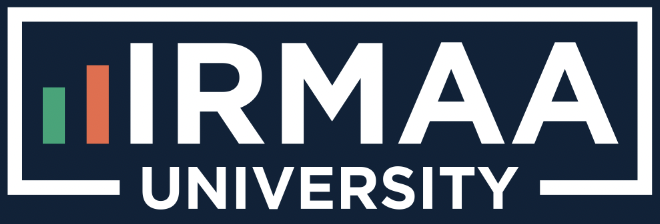For those in and heading towards retirement when it comes to generating income there may be some hard truths that may appear along the way as federal regulations surrounding health coverage tend, at times, to not be planned for adequately.
Once you are retired, 65 years old or older and are no longer covered by a creditable health plan through an employer or spouse’s employer, by federal regulations, you must accept Medicare when eligible.
Failure to do so will lead to not only penalties that occur through the Affordable Care Act’s “individual Mandate”, but also due to a change in Social Security’s Program Operations Manual system (POMs) failure to enroll will result in the forfeiture of all Social Security benefits.
Unfortunately, there are, also, penalties that coincide with delaying or not enrolling into Medicare as well such as the late penalties for Medicare Parts B and D.
These penalties just happen to be compounding, they grow larger the larger as the delay occurs, and they are perpetual, once you do enroll these penalties are assessed each year through retirement.
Where income comes into play is the fact that Medicare premiums, for Parts B and D, are also subject to means testing as Medicare has implemented the for those retirees who happen to be earning too much income while enrolled into the program.
If there is too much income then a surcharge, starting roughly at 40 percent more and upwards to possible 220 percent more of Medicare Part B and Part D premiums, will be assessed on that year’s premiums.
This surcharge just happens to also be automatically deducted from any Social Security benefits that may be received too.
The other caveat, for those who do enter Medicare’s IRMAA in any given year, they are no longer afforded the protection of the Hold Harmless Act, thus they could possibly see their benefit decrease year over year.
Income is defined, according to the IRS, as “your adjusted gross income plus any tax-exempt income you may have or everything that is reported on lines 37 and 8b or the IRS form 1040”.
Some examples of income are any:
Wages, Tips, Interest, your entire Social Security benefit, most Capital Gains (your primary residency may not count as it depends on the total amount of the gain and marital status), all Dividends, Pension Income, Rental Income and any distributions from any tax-deferred Qualified Account you may have.
What does not count as income is somewhat smaller as distributions from Roth Accounts, Health Savings Accounts (HSA’s), specific Life Insurance, certain types of Annuities, 401(h) plans and any monies from your primary residency do not apply to IRMAA.
In order for retirees to control their health costs in retirement as well as save a bulk of their Social Security benefit meeting with a financial professional who understands these federal regulations has now become essential.
